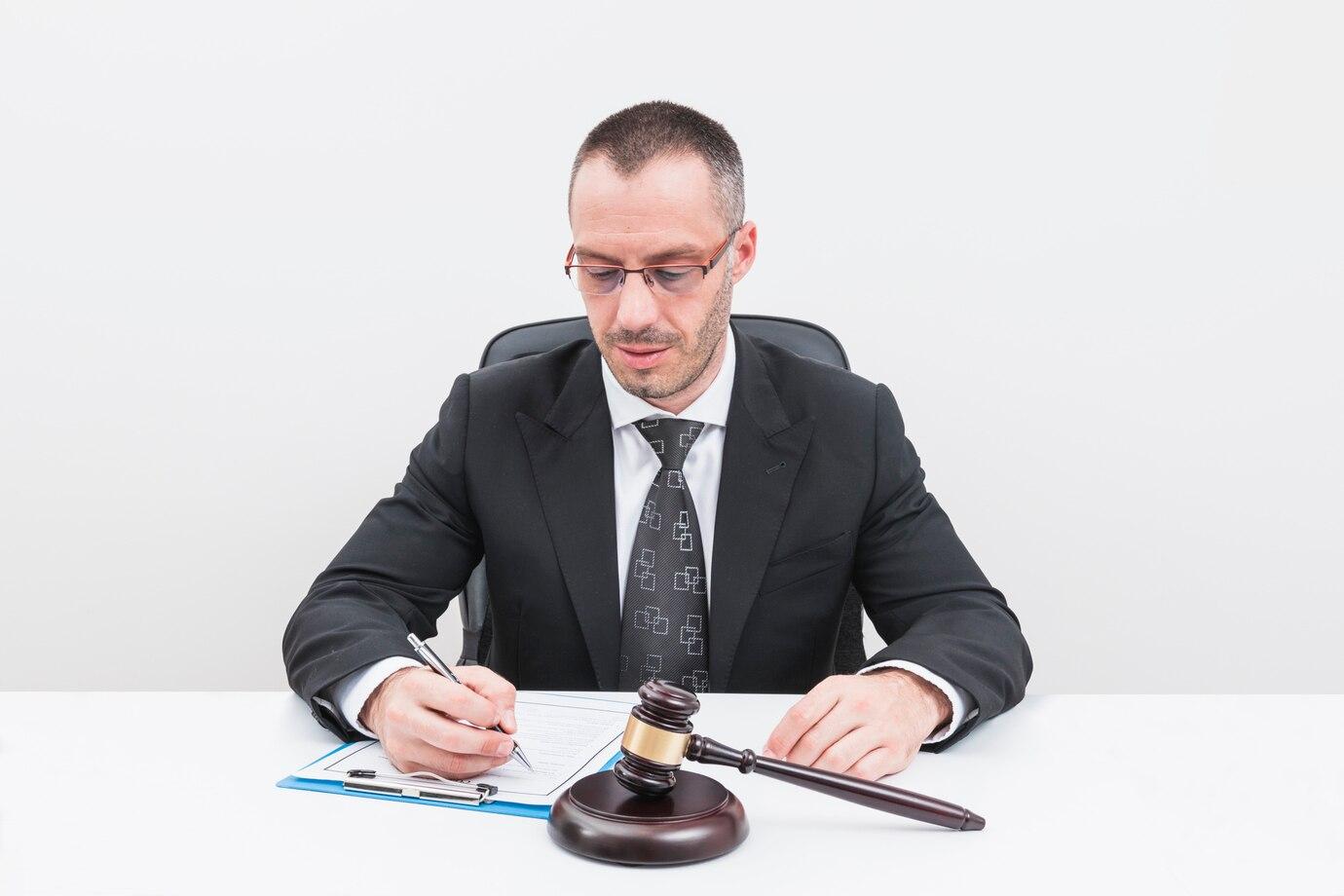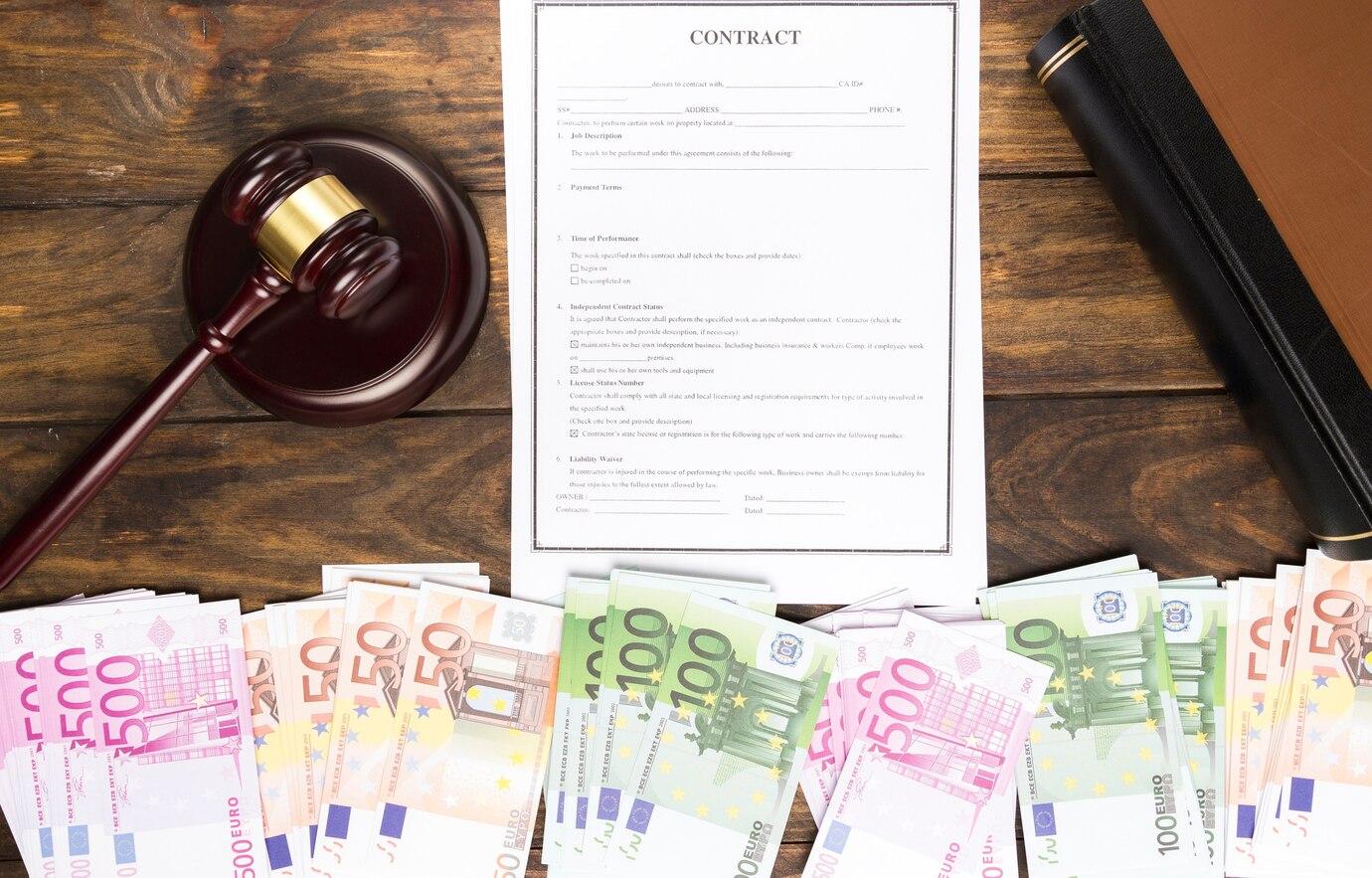Despite the progress in technology and the availability of information, fraud in the legal field remains one of the most insidious and widespread problems of modern society. Fake lawyers and attorneys successfully manipulate people's trust, causing significant damage to both the finances and moral state of the victims.
Fraudsters' Strategies: How Do Fake Lawyers Operate?
Fake lawyers develop various schemes to deceive their clients, using the psychology and ignorance of the victims. Most such fraudsters conduct thorough preparation to create a plausible appearance of legitimate lawyers and then proceed to active actions. Let's consider several key strategies used by these fraudsters.
In the modern world, the internet has become the main source of information, including in the search for legal services. Fraudsters actively create fake websites and social media profiles, where they offer their "services." These sites often look quite convincing: they use photos of "happy clients," positive reviews, and "licenses."
Fraudsters may also place misleading advertisements, promising low rates or free consultations. This lures people who are looking for affordable legal services. The fraudster's office may look like a real legal practice — such an arrangement helps create a characteristic image of trust.

False Expertise and Extortion of Money
Fake lawyers may offer their services in the form of "expertise" in various cases, such as dispute resolution, credit assistance, or even business consulting. During the "consultations," the fraudster can create an illusion of professionalism by making substantiated conclusions based on personal cases, which wins over the victim.
In the course of the work, the fraudster may insistently demand prepayment for services, presenting themselves as a legitimate attorney handling a complex case. The chances that a person, who has trusted them, will start checking the lawyer at an early stage are minimal. When the victim later realizes that the feedback button does not work and the money is gone, it is often too late.
Impersonation of a Lawyer
Some fraudsters act more aggressively, posing as real attorneys with fake documents or forms. They may create fake licenses and recommendations to inspire more trust. This allows fraudsters to interact with clients on a deeper level, including signing contracts and obtaining information about the victims' financial status.
It's also common to use fake court documents sent to victims to intimidate them and force them to pay. It is evident that countering such schemes requires special attention from clients, as even the most apparent experience can turn into a disaster.

Why Do People Fall Victim to Scammers?
Despite the information about fraud becoming available to a wide audience, many people still fall into the traps of fake lawyers.
Understanding the legal process and necessary conditions for cooperation with a lawyer is often insufficient. Most people lack the necessary knowledge to distinguish a real lawyer from a fraudster, which can lead to erroneous decisions.
Legal issues, such as divorce, inheritance, or fraud cases, often evoke strong emotions. People, finding themselves in a difficult situation, easily become victims of manipulation and deception, especially when promised quick help.
Victims often do not subject themselves to a critical analysis of the burdensome financial conditions offered by fraudsters, making them more vulnerable to manipulation. For example, a fake lawyer might offer "stunning" terms, such as zero prepayments for false services.

How to Know You're Dealing with a Scammer?
It is important to remember that legitimate lawyers will be open and transparent in their actions. The following points can help in verifying a lawyer before entering into contact with them:
Checking License and Qualifications
To ensure the legality of a lawyer, it is necessary to check their license on existing legal resources in your country or region. Usually, in every country, there are associations or registers of lawyers where you can find information about practicing attorneys.
Presence of Professional Experience
It will never be superfluous to ensure that the lawyer has experience in the specific area you are dealing with. An experienced attorney will provide examples of successful cases and client reviews. If the lawyer avoids discussing their achievements, this may be a signal for caution.
Openness and Reliability in Communication
Real lawyers are always ready to answer your questions and explain their strategy. They will provide you with all necessary information about their activities and rates, including predefined terms and details.
Request for Personal Data
Fake lawyers often require the victim to provide personal data, which can be used for blackmail or extortion. Protecting your personal data is something everyone should do to avoid future legal problems.

How to Protect Yourself from Legal Service Scams?
General awareness and caution are the first steps to protecting yourself from fraudsters. Here are some recommendations that may come in handy:
- If you encounter a lawyer or law firm, do not hesitate to find information about their reputation. Searching for reviews, mentions in the media, and professional forums can help in the analysis.
- If there are doubts about a lawyer, do not exclude the possibility of asking direct and unambiguous questions. By responding to all your requests, the lawyer emphasizes their competence and readiness for cooperation.
- If a lawyer can create a sense of long-term and reliable relationships, this can protect you from further negative situations. It is also worth securing yourself by requesting confirmation of work and the results achieved.
- Ask your acquaintances if they are familiar with these lawyers and if they have positive or negative experiences of cooperation. This will help get additional information that may be decisive.
Fake lawyers and attorneys are a serious threat to trusting people seeking help in complex legal situations. Understanding fraud schemes, victim psychology, and protection methods is the key to staying safe. Remember, verification, information provision, and personal data protection are important tools in countering fraud. Questioning and verifying a lawyer is a crucial element of protection. Sincere trust and caution will help avoid significant losses and protect against encounters with fraudsters.
